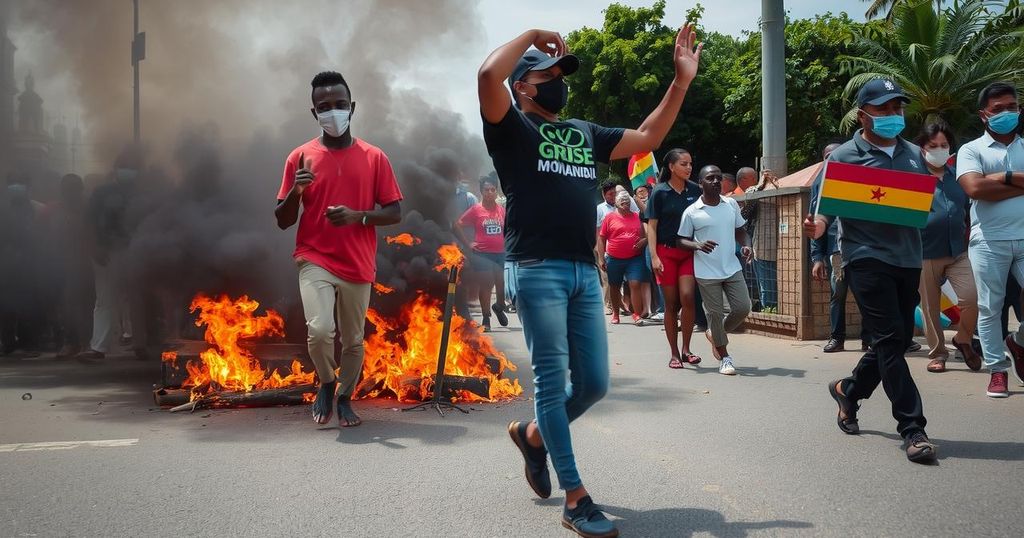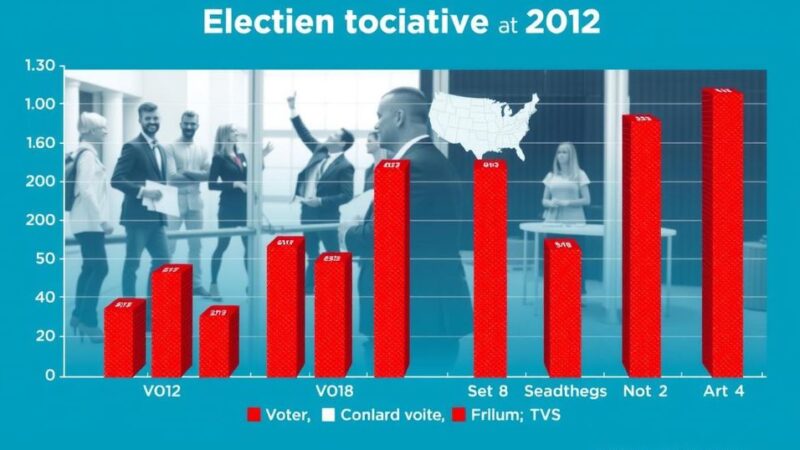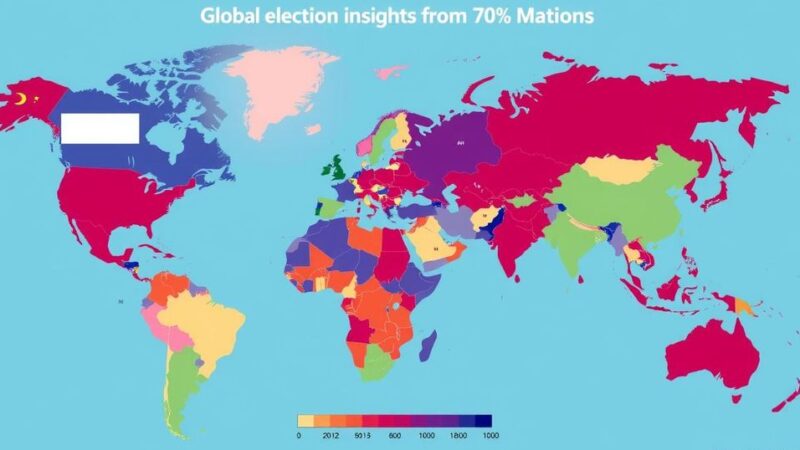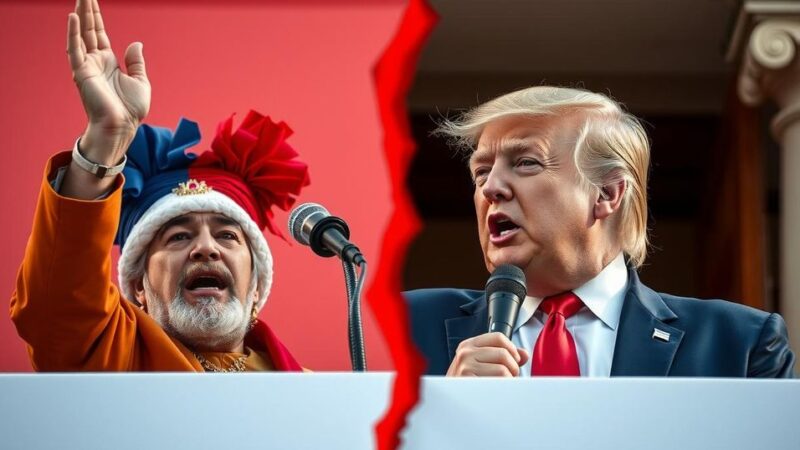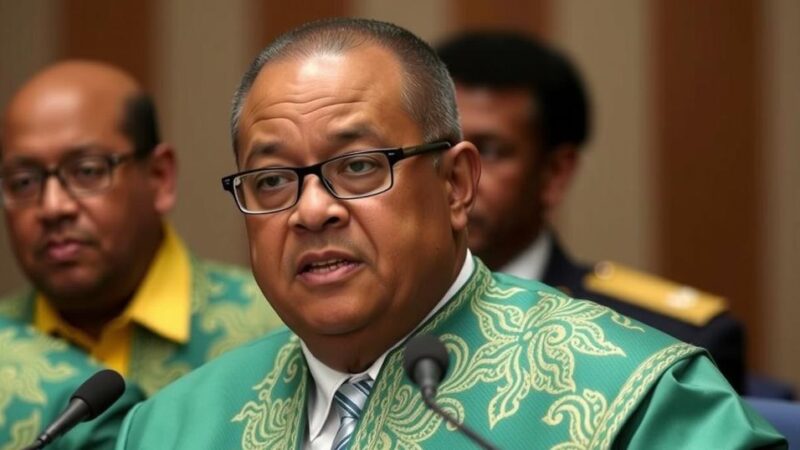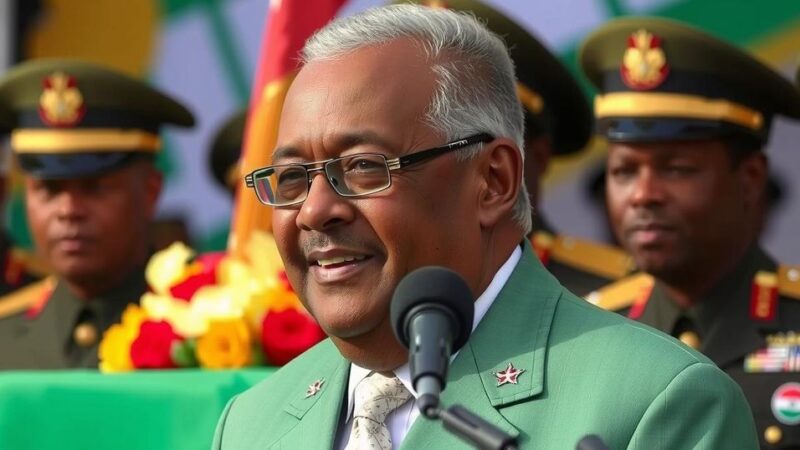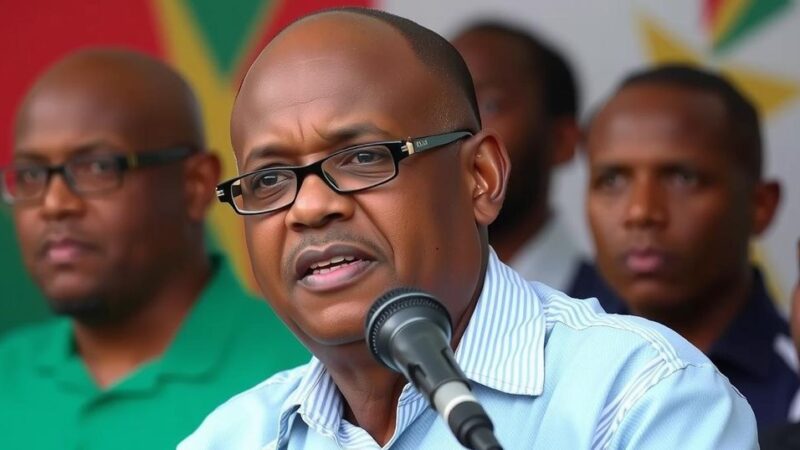Mozambique is witnessing severe unrest in major cities due to post-election violence following a disputed election result, leading to looting and clashes with police. The ruling Frelimo party’s announcement of its candidate’s victory has spurred opposition protests, resulting in numerous fatalities and widespread destruction. Calls for political dialogue and resolution are emerging amidst escalating tensions across the country.
On December 27, 2024, Mozambique’s major cities experienced significant disruptions due to escalating post-election unrest. Following a controversial presidential election result certified by the Constitutional Council, protests led predominantly by opposition groups erupted, marked by looting and violence. The ruling Frelimo party, which has held power since 1975, faced intensified dissent after declaring its candidate, Daniel Chapo, as the victor with 65% of the vote, a figure revised down from nearly 71%.
Cities such as Maputo and its suburb, Matola, reported widespread chaos, including halted transportation services and business closures. Reports indicated vandalism and aggressive protests, prompting police interference. A local resident recounted witnessing looting in Maputo, highlighting the severity of the situation and public frustration. “This should not happen because they are ruining many things, and they cannot behave like this,” she stated, expressing concern over the violence.
The unrest peaked when a food warehouse was set ablaze in the Benfica neighborhood, claiming the lives of at least 11 individuals. Citizens barricaded streets in their neighborhoods, signaling a growing resolve against the government. In response to the violence, Police Chief Bernardino Rafael labeled the protesters as criminals, addressing the rampant looting and assaults on local businesses as organized criminal activity.
Opposition leader Venancio Mondlane criticized the police’s conduct, alleging their involvement in inciting violence and damaging property. He condemned the looting but encouraged protests against the ruling government, calling for perseverance until a peaceful resolution is attained.
Tragically, the violence and unrest have led to over 248 fatalities, including the casualties from a chaotic prison escape that allowed approximately 1,500 inmates to flee, raising significant concerns among security officials. UN Secretary-General Antonio Guterres expressed alarm regarding the ongoing violence and urged all political factions to engage in constructive dialogue to curtail tensions and work toward a peaceful resolution.
The political climate in Mozambique has been tumultuous, especially following the October 2024 presidential elections. The announcement of the election results by the Constitutional Council has resulted in significant public outcry and unrest, primarily led by opposition groups contesting the legitimacy of the Frelimo party’s continued rule. The historical context of Frelimo’s governance since independence in 1975 adds layers of complexity to the current crisis, as many citizens express frustration with longstanding issues such as economic mismanagement and corruption, culminating in widespread demonstrations.
The situation in Mozambique embodies a critical juncture in its political landscape, marked by unrest stemming from alleged electoral malpractice. The protests reflect deep-rooted frustrations among citizens and underscore the urgent need for constructive political dialogue to address grievances. The international community’s call for peace and discussion highlights the potential consequences of continued violence on Mozambique’s stability and future governance.
Original Source: www.dw.com

